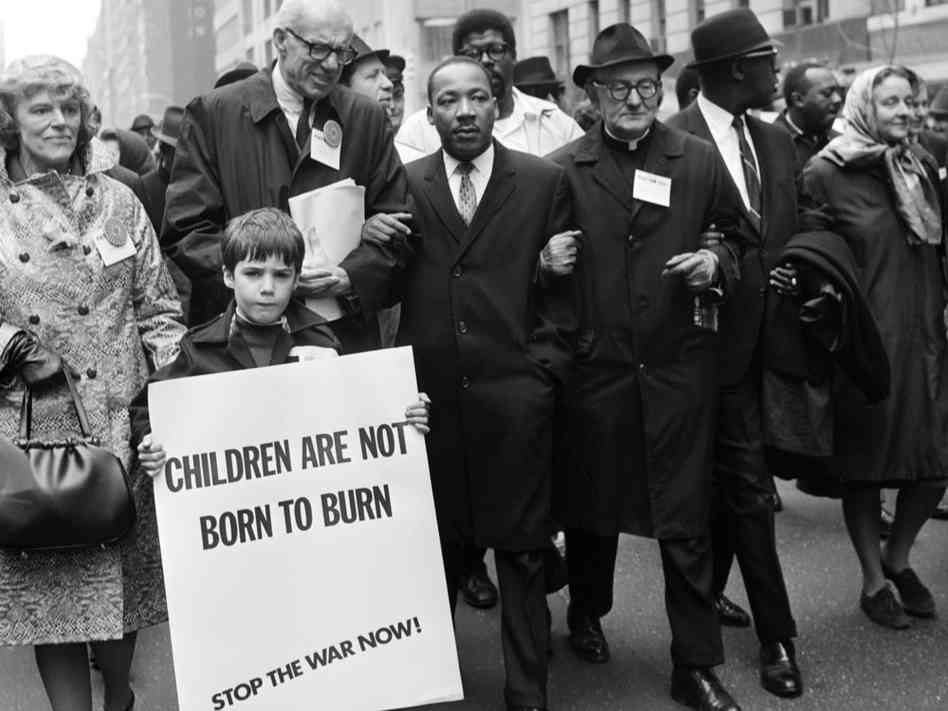The United States is “the greatest purveyor of violence in the world today.” — Dr. Martin Luther King, Jr.
By Malcolm Suber
For more than two decades, the U.S. public has been treated to annual MLK marches that repeat the mantra from the 1963 March on Washington, where Dr. King pronounced his dream that the U.S. would be a country where one day his four little children would “not be judged by the color of their skin but by the content of their character.” The racist white ruling class annually cites this vague dream as a measure of the progress that Black people have made in this country. This has prevented us from evaluating the entire scope of continued Black oppression in the U.S.
Dr. King kept moving and organizing after the March on Washington. His vision also began to grow beyond the fight for civil rights for the oppressed Black nation. By 1967, Dr. King had studied national liberation movements around the globe and had concluded that his duty went beyond the fight to reform racist U.S. domestic policies. Perhaps the best example of his growing consciousness was his speech “Beyond Vietnam,” delivered at the Riverside Church in New York City. This is a speech that the ruling class does not want you to hear and study.
By 1967 the war in Vietnam was gaining the attention of everyone, and millions of anti-war protesters hit the streets demanding an end to U.S. carnage of the Vietnamese, who were trying to gain national independence for their homeland. These mass marches were inspired by the civil rights struggle.
In 1967 the war was at its peak, with about 500,000 U.S. troops in Vietnam. The U.S. would drop more bombs on Vietnam, Laos, and Cambodia than were dropped in all of Europe during WWII. This objective situation forced
Dr. King to conclude that the U.S. was “the greatest purveyor of violence in the world today.”
King saw the U.S. war on Vietnam as an enemy of the poor.
The ruling class and its press condemned King for speaking out against the war, threatening to cut off funding for the civil rights struggle. But for King, standing against racial and economic inequality meant exposing how the military-industrial complex had become an essential part of capitalist exploitation. King saw the war as an enemy of the poor. He saw the army using poor Black and white young men as cannon fodder to pursue the aims of U.S. imperialism. King said Vietnam was an unjust war meant to continue the domination of Western capitalist governments over colonial peoples.
King’s stance on the Vietnam war applies to U.S. imperialism’s present policy of forever war spread across multiple countries from its more than 800 military bases around the world. The ruling class formula for its forever war doctrine comes directly from lessons it learned in Vietnam: drone strikes instead of mass bombings; volunteer soldiers instead of draftees; censorship of images of mangled bodies returning from the battlefronts; and unquestioning reverence for the military.
The Pentagon-sponsored mantras of “thank you for your service” and “support our troops” go hand in hand with the ruling-class attempts to prevent the revival of a mass anti-war movement. This movement would demand cutting the military budget as well. King would join us today and urge us to rebuild the anti-imperialist, anti-war movement.
We ask that you honor Dr. King by joining our freedom struggle to end the rule of the capitalist class and to close all U.S. bases around the world.

